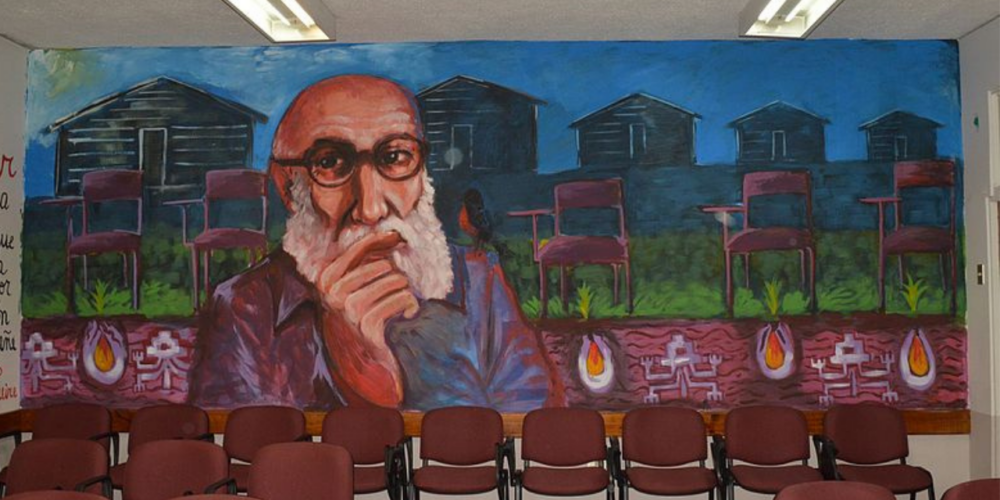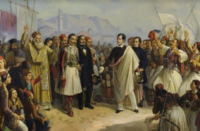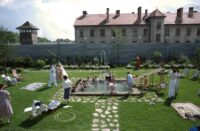One of the major drawbacks to radical and transformative actions by activists involved in struggle, is the hoary old chestnut of a lack of class consciousness out there in the wider population… or so we like to believe.
We say it constantly: why is it that there appears to be a dearth of class consciousness in the wider populace? And what can we do about it? The “common sense” view is that people are selfish and think only of themselves. That people have no clear knowledge about their living realities. That people are ignorant of the notion that “a new world is possible”. That people are unwilling or unable to countenance new ideas. And that there is a “taken for granted-ness” of the realities of everyday life.
Another view is that people are trapped by the ever-present necessity to keep money coming in, just to live. In turn that engenders a fear of “speaking up” about their exploitation at work or their poor living conditions. Sadly, this is a reality for the majority. Worse, a sizeable proportion don’t even think that bringing about change is anything to do with them. They believe that it is the job of others to do: that is, for politicians or their bourgeois institutions, in the main. This is then dressed up as democracy. The education system, religion and mainstream media are the primary drivers of this “false thinking”.
Sometimes though, we activists can get a bit of a shock at what people actually do know but seldom, if ever, voice or act on it. And maybe there are clues to be found in this, or even hope as to what we could do to alter the thinking of at least some of the people we work with in the wider community. The vast majority of community and campaign groups are inevitably dealing with the consequences of capitalism and seldom, if ever, the cause itself. But there may well be opportunities to expand our thinking and to draw out new ways for people to see the world. There might just be a potentially another or even better way of altering class consciousness and developing those with an ability to analyse the deeper causes of inequality and exploitation.
Antonio Gramsci said that everyone has the ability to be an “organic intellectual”. And we know that people do have lived experience – the working class more than most – even if their interpretation of it might be a bit skewed. But it is important to ask: why are people’s analyses of their lived lives often out of sync with their class reality? And more importantly, what do we, as activists among the people, do about their apparent “common sense” views of their class’ situation.
Can we encourage people out there to relate their stories that are of interest to them? Can we facilitate such dialogue in an critically, increasingly radical, open and humane way? Through such dialogue is it possible to bring out the real cause of the misery of people’s lives? Would such critical dialogue give people the confidence and awareness to confront the cause of the inequality and exploitation in their lives? Would more in the “atomised” and voiceless class empower themselves?
Lenin, Gramsci and Paolo Freire, among others, had plenty to say on this area of activism and the necessity of building within and assisting wider sections of the population to educate and empower themselves. To counter the capitalist narrative, or hegemony, and to build a people’s bulwark against attempts to destroy those who dare to confront capitalist ideology.
“Dialogue does not exist in a political vacuum. Its not a ‘free space’ where you say what you want …..To achieve the goals of transformation, dialogue implies responsibility, directiveness, determination, discipline, objectives.”
(Freire, in Shor and Freire, 1987: 102).
Freire’s ideas were that “authentic dialogue”, where people had the safe space to openly express how they viewed the world, was a way, via critical facilitation, to allow them to discover another way to look at how their world is actually constructed, as opposed to how a falsified “common sense” narrative of power, tells them it is.
In this process of pedagogy, Freire was clear that the present systems of capitalist-directed education, where knowledge is “poured into” the student had to be replaced by a facilitator/ student alliance, where both learn from and teach each other. And that this should be done in communities to develop radical theory and ultimately actions for transformative change.
We know that education alone won’t bring about the demise of capitalism, its culture or ideology. It is well established, however, that how we think about or understand the world is how we act in the world. Gramsci exposed the illusion of democracy when he wrote about how the internalising of what are often believed to be “common sense” values, attitudes, morality and beliefs, were a false consciousness and perpetuated the interests of power. He too saw the importance of critical education in opening people’s minds to the possibilities of change. From that, theory, practice and critical reflection evolves a collective counter-hegemony of and by the people.
Everyone’s personal stories and experiences are inherently linked to the consequences of historical modes of production, whether they appreciate that or not. And we as “educators/activists” can bring these points out of practically any personal story telling, with radically transformative and skilful facilitation.
“We should learn from Lenin that patient work among the masses, explaining the reasons, rousing them into action and organising them into a collective unit is of utmost importance.” (R. Arun Kumar in People’s Democracy, CPI-M)
All of this work is slow and onerous but if we want to build within the wider population to harness the power to defeat the many strands of capitalism, to break its grip on the people’s thinking and maintain our gains, then using the methods of “critical reflexive dialogue” should form part of our tactics to allow the people we can reach to find a path to new and potentially radical class consciousness. If we don’t, we will be eternally playing catch up.






